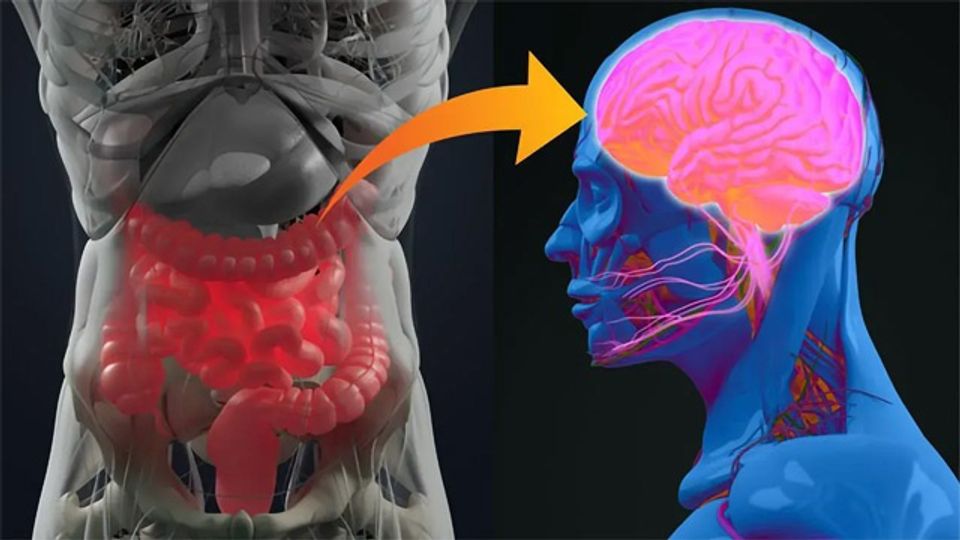Stimulating the Vagus Nerve Strengthens the Gut-Brain Axis

Complete the form below to unlock access to ALL audio articles.
About the study
The team, consisting of scientists from the universities of Tübingen and Bonn as well as the German Institute of Human Nutrition in Potsdam and the German Center for Diabetes Research, studied a total of 31 participants. They combined stimulation of the vagus nerve at the ear with simultaneous recording of brain activation via functional magnetic resonance imaging (MRI) and a so-called electrogastrogram. The electrogastrogram involves placing electrodes - similar to an ECG - over the stomach to record signals from the digestive tract. "We showed for the first time that electrical stimulation strengthens the coupling between signals from the stomach and the brain - and we can do it within a few minutes," Prof. Kroemer said. He leads a research group on the neurobiological basis of motivation, action, and desire (neuroMADLAB) in the field of translational psychiatry at the Department of Psychiatry and Psychotherapy at the University Hospital of Tübingen and has been Professor of Medical Psychology at the Department of Psychiatry and Psychotherapy at the University of Bonn since 2022.
The study results at a glance
The research team stimulated both the vagus nerve at the ear and, in a control condition, other nerves at the ear in participants. "We observed that vagus nerve stimulation increased coupling with signals from the stomach in the brainstem and midbrain," explained Prof. Kroemer, continuing, "These regions are important because they are the first targets of the vagus nerve in the brain. Changes in the midbrain may already mediate our actions." In addition, the researchers discovered that coupling with the stomach increased throughout the brain, particularly in regions that already communicate more strongly with the stomach before stimulation. Changes in coupling between the stomach and brain can be produced almost instantaneously and spread rapidly.
These findings may enable new therapeutic options. For example, Prof. Kroemer's group is currently conducting further research into a possible application for depression, where changes in communication between the body and the brain are already considered a key factor. Likewise, in obesity and eating disorders, stimulation of the vagus nerve could help affected individuals to restore their perception of body signals in the future.
Information for prospective participants
For studies on the role of endogenous signals in controlling behavior, the study team is looking for people in Tübingen and Bonn and the surrounding area between the ages of 20 and 50 who suffer from depression. Furthermore, physically and mentally healthy participants are sought for the control groups.
Further information and a contact form can be found, for example, at: https://neuromadlab.org/de/forschung/forschungsprojekte/arbeit-gegen-belohnungen/
Reference: Müller SJ, Teckentrup V, Rebollo I, Hallschmid M, Kroemer NB. Vagus nerve stimulation increases stomach-brain coupling via a vagal afferent pathway. Brain Stimul. 2022;0(0). doi: 10.1016/j.brs.2022.08.019
This article has been republished from the following materials. Note: material may have been edited for length and content. For further information, please contact the cited source.

